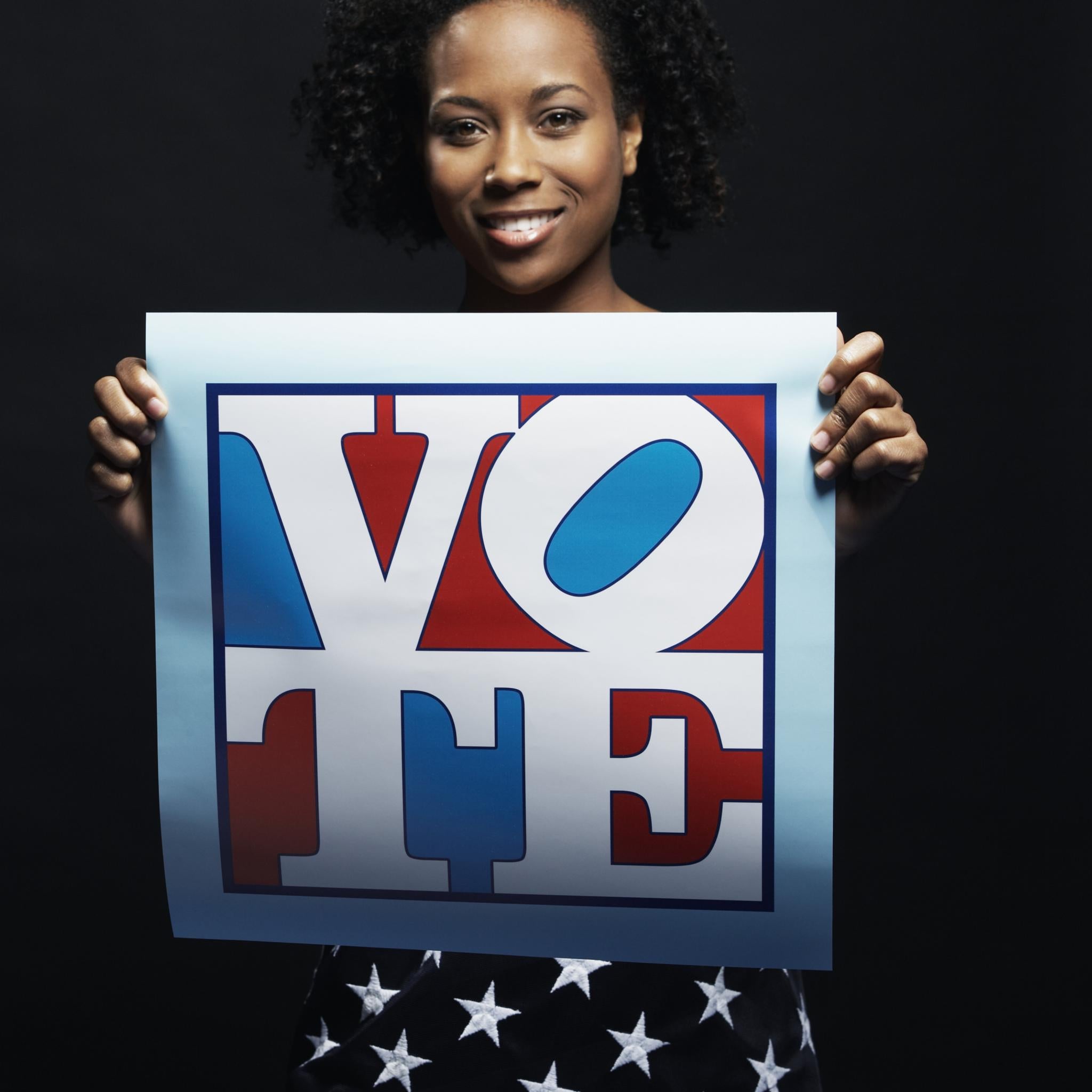
1. You can use a utility bill to vote at the polls.
Depends. This would not be allowed under the new stricter laws pending in some 22 states.
2. You can use a military photo ID to vote.
Depends; this varies by state. However, in most places only a current active military ID will be valid. The veteran’s card carried by many retired seniors will not qualify.
3. Convicted felons can’t vote. Depends; this, too, varies widely by state.
To date 49 states have felony disenfranchisement laws prohibiting some 5.3 million Americans from voting, 38 percent of whom are Black. In Virginia and Kentucky, convicted felons are effectively disenfranchised for life, even after serving their time. Iowa and Florida were recently added to this list. In South Carolina, even a misdemeanor conviction results in the loss of the vote while incarcerated. In Vermont and Maine, however, individuals convicted of crimes never lose the right to vote and can even do so from prison.
4. You can’t vote if you live abroad.
False. You can, but deadlines vary by state. In Georgia, you can request an absentee ballot as early as six months before the election.
5. You can’t vote if you just registered.
False. Like all the new laws, this too varies by state. In Wisconsin, you can vote on the same day you register. In Georgia, however, a registration form must be submitted at least 30 days before an election.
6. Everyone has a state-issued photo ID.
False. About 89 percent of Americans have a photo ID. This leaves out 21 million Americans for whom a state-issued photo ID may be difficult, if not impossible, to obtain in the state where they plan to vote.